Metuchen Divorce Mediation Lawyers
Long, drawn-out courtroom battles are not usually how most couples wish to divorce. Thankfully, there are alternative methods of divorcing more peacefully and amicably, such as mediation. Divorce mediation allows couples to control the discussions and the outcome of their divorce in a structured and conflict-free manner.
Divorcing is never easy, especially when there are children involved. The best way to accomplish the most amicable divorce is to cooperate and reach mutually beneficial agreements through mediation. Our dedicated and compassionate Metuchen divorce mediation lawyers at Wiley Lavender Maknoor, PC are here to provide understanding and support, helping clients navigate their complex legal matters.
What Is Divorce Mediation?
Divorce mediation is an alternative method of settling a divorce to a courtroom trial. Mediation allows couples to find common ground and reach mutual agreements on issues more amicably and with less time and expense, such as child custody, alimony, and division of assets. The process gives spouses more control over the proceedings, negotiations, and decision-making, with guidance from a trained mediator.
Mediation is a popular and more private alternative for couples in high-asset divorces involving over $1 million in amassed wealth and investments. Courtroom proceedings become a matter of public record, meaning all information about the couples’ information and settlement agreement can be accessed. Mediation is a confidential proceeding, as well as the information and agreements the sessions produce.
For mediation to be successful, divorcing couples must be willing to participate and invest significant interest in reaching a mutual agreement. Mediation preserves familial relationships, a necessity for spouses who are parents or have shared business interests, and expect regular contact after the divorce is finalized. It’s important to note that while settling a divorce through mediation is typically voluntary, it can also be court-ordered as an attempt to resolve disputes before a trial. Our experienced mediators are prepared to guide you through either scenario.
What Does a Divorce Mediator Do?
Divorce mediators are matrimonial law specialists certified by the New Jersey Supreme Court. They are neutral third-party facilitators who identify priorities and issues, structure conversations and negotiations, and offer alternative solutions to reach mutually beneficial agreements between divorcing couples. Mediators remain unbiased and make no decisions or recommendations to the court.
How Long Does Divorce Mediation Take in New Jersey?
The length and number of sessions required for mediation depend on how quickly divorcing couples can reach agreements on all necessary issues. The majority of divorce mediations conclude within a few weeks to months, based on how many issues need to be addressed, such as:
- Alimony
- Business partnerships or interests
- Child custody, visitation, support payments, and co-parenting plans
- Division of assets
- Health and Life insurance policies
- Investments
- Mortgage
- Real estate
- Retirement and pension accounts
- Any other outstanding issues
In New Jersey, divorcing parents who cannot agree on child custody or financial assistance are first required to attend mediation sessions in an attempt to resolve the conflict before resorting to trial. Court-ordered mediation is mandatory, and both parents are required to attend and participate. If an agreement still cannot be reached, divorce proceedings move into the courtroom, where a judge will make final determinations.
How Should I Prepare for Divorce Mediation?
The more prepared you are for mediation, the more productive the sessions will be, and the quicker you will resolve disputes. Mediation is your opportunity to thoroughly discuss your intentions, answer questions and concerns, and attempt to reach a settlement agreement that benefits all family members. To prepare for mediation, you should take the following steps:
- Research mediators: You and your spouse can choose the mediator who will oversee the sessions. Begin by researching mediators in the area, focusing on their methods and practices. Then, select one whose style and process you are most comfortable with to ensure smooth sessions.
- Plan ahead: Determine what you want to accomplish during mediation—which issues are most important, which you are willing to compromise or concede, and which questions or concerns you wish to discuss.
- Organize records and documents: You will be discussing and making decisions on all issues required to finalize your divorce, such as division of assets and debts, child custody, and spousal support. You will need to bring all records and documents for each with you to the sessions, such as:
- Bank records
- Business interest or ownership documents
- Children’s information and needs
- Complete list of assets
- Credit card statements
- Financial records
- Health insurance records
- Investments
- Real estate holdings
- Retirement fund information
- Any other relevant information
- Cooperation: Prepare yourself to cooperate with the process. Mediations fail if one or both spouses refuse to cooperate. Mediation is intended to foster a conflict-free environment in which you can peacefully discuss and negotiate the terms of your settlement agreement. Mediation will accomplish nothing if you or your spouse are not respectful, cooperative, and willing to participate.
Once you and your spouse reach a mutually agreed-upon settlement agreement, you are no longer required to make court appearances. Your moderator will provide the agreements to the court for review. The final divorce decree will be issued if the judge has no changes or concerns.
Do I Need a Lawyer During Divorce Mediation Sessions?
Having your lawyer present during mediation sessions is allowed but not required. Most lawyers, if they do not attend, request you have private meetings before or after the sessions to review and address concerns or answer questions. Lawyers have ample experience with mediation, and many are trained mediators themselves, and it is often beneficial to have them present during discussions. If attending mediation, your lawyer can:
- Provide objective legal advice.
- Clarify legal questions, concerns, requirements, or ramifications.
- Ensure your legal rights are protected.
- Stabilize the balance of power when one spouse holds more knowledge of finances and assets.
- Provide insight into potential court rulings if disputes are moved into the courtroom.
- Make the process more efficient by answering questions at the moment rather than later.
Divorcing couples are more likely to reach agreements quicker when lawyers are present to provide correct and relevant legal information. If your lawyer is not present, it is generally best practice for tentative settlement agreements to require lawyer review before they become binding. When spouses do not fully understand the legal ramifications of their decisions, settlement agreements usually fail. Such a clause can prevent mistrust and hostility should one spouse back out of the agreement on their lawyer’s advice.
Our Experienced Metuchen Divorce Mediation Lawyers at Wiley Lavender Maknoor, PC Help Clients Settle Divorce Through Mediation
Divorce mediation provides an amicable alternative to courtroom divorce battles, puts children first, and preserves familial relationships. If you are considering divorce and have questions, our Metuchen divorce mediation lawyers at Wiley Lavender Maknoor, PC can help. Call today at 732-494-6099 or contact us online to schedule a free consultation. Located in Metuchen, New Jersey, we serve clients in Middlesex County, Monmouth County, Union County, and Somerset County.
 Google Screened
Google Screened
